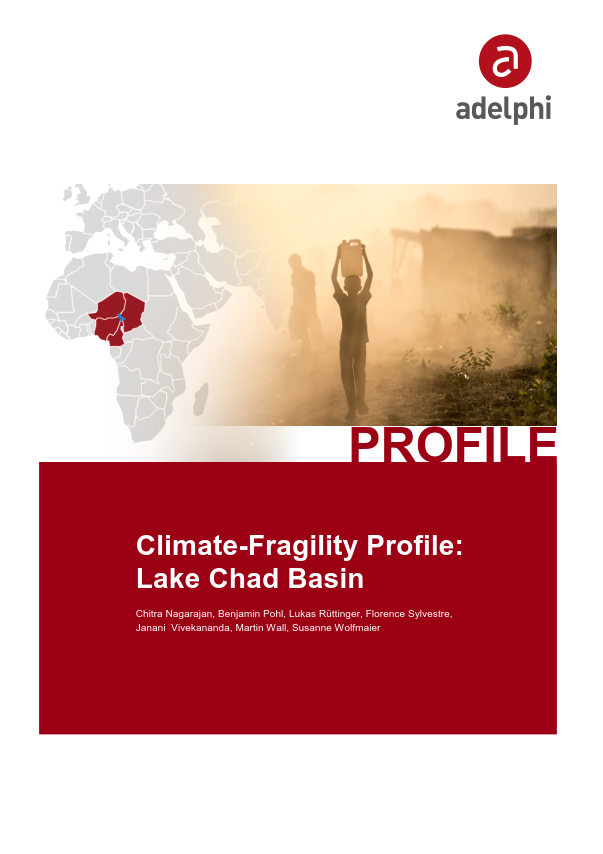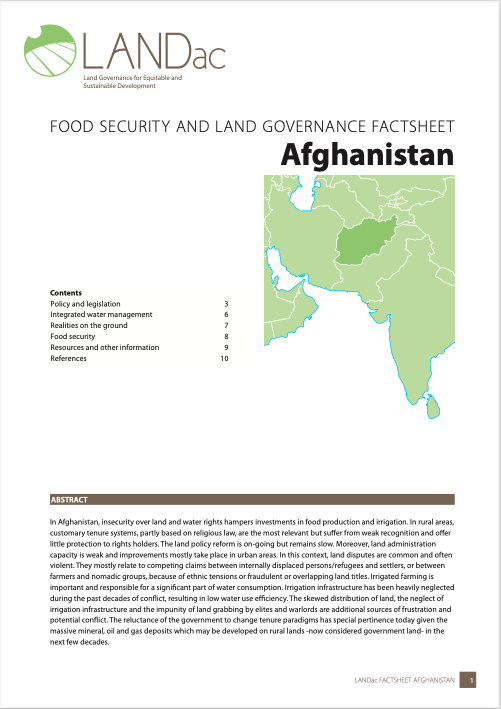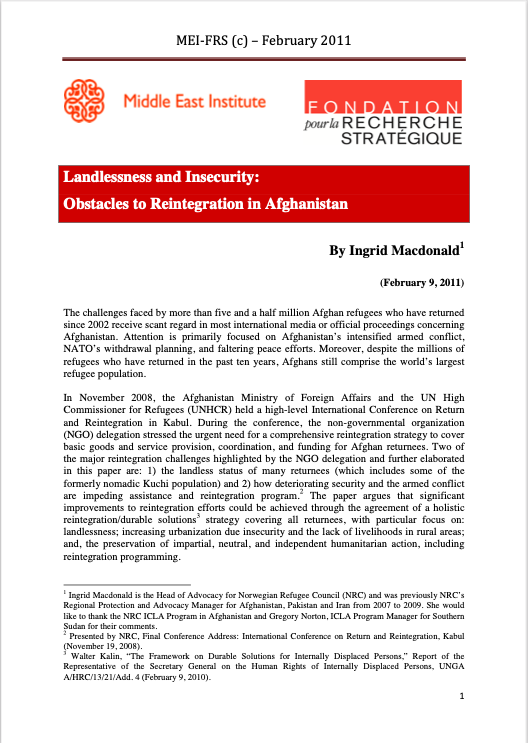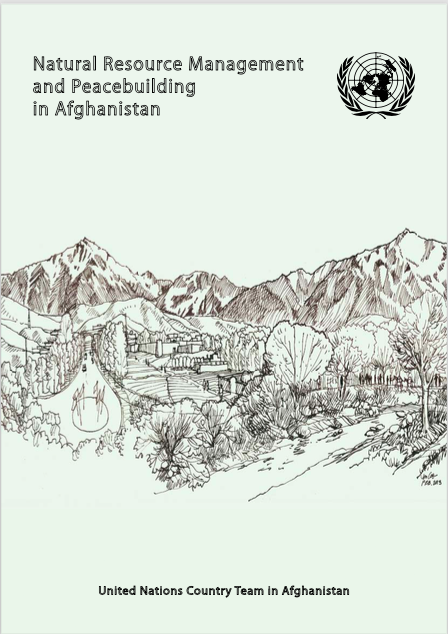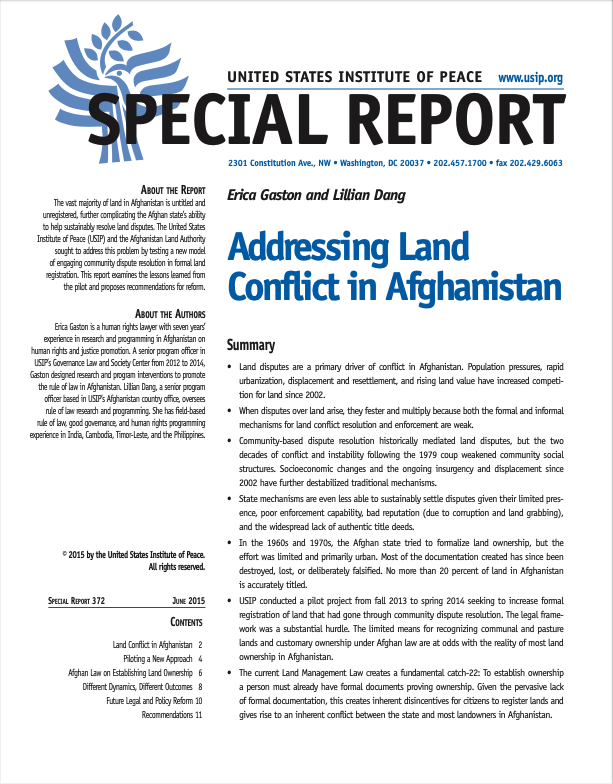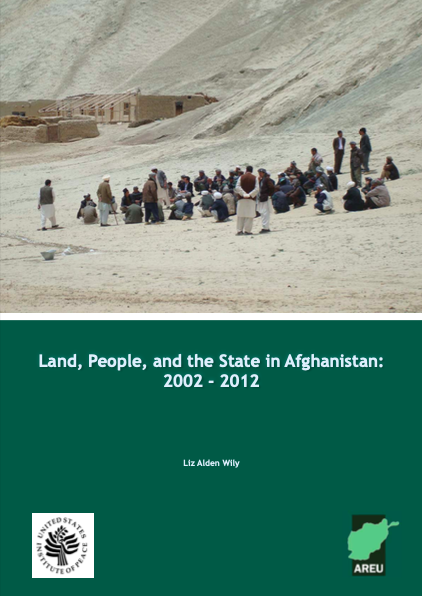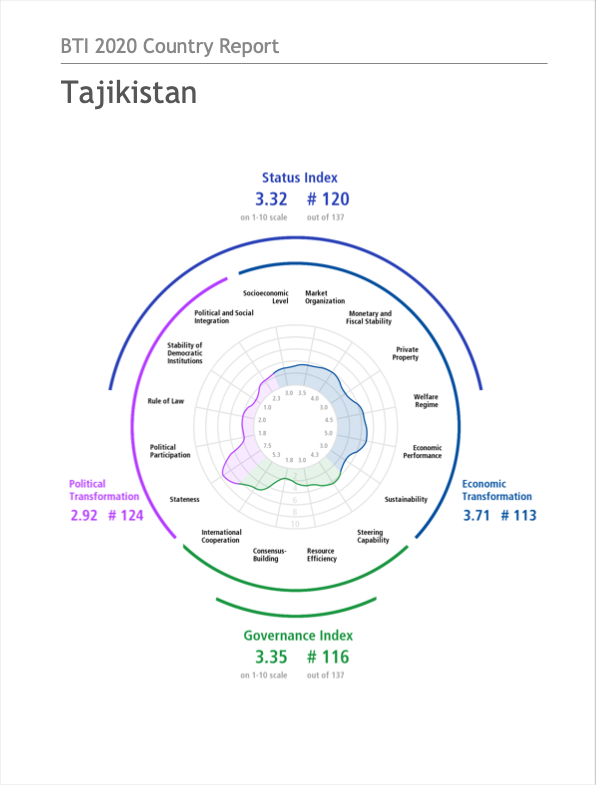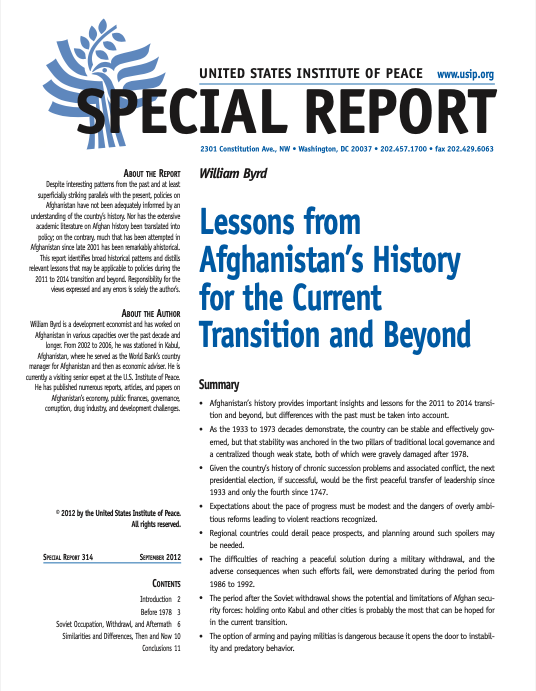Climate-Fragility Profile: Lake Chad Basin
This Climate-Fragility profile is envisaged as a first component of a Climate-Fragility Risk Assessment process. It summarizes the key challenges the Lake Chad region is experiencing as a consequence of the interplay between climate change and fragility.

